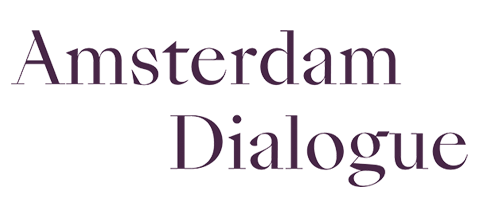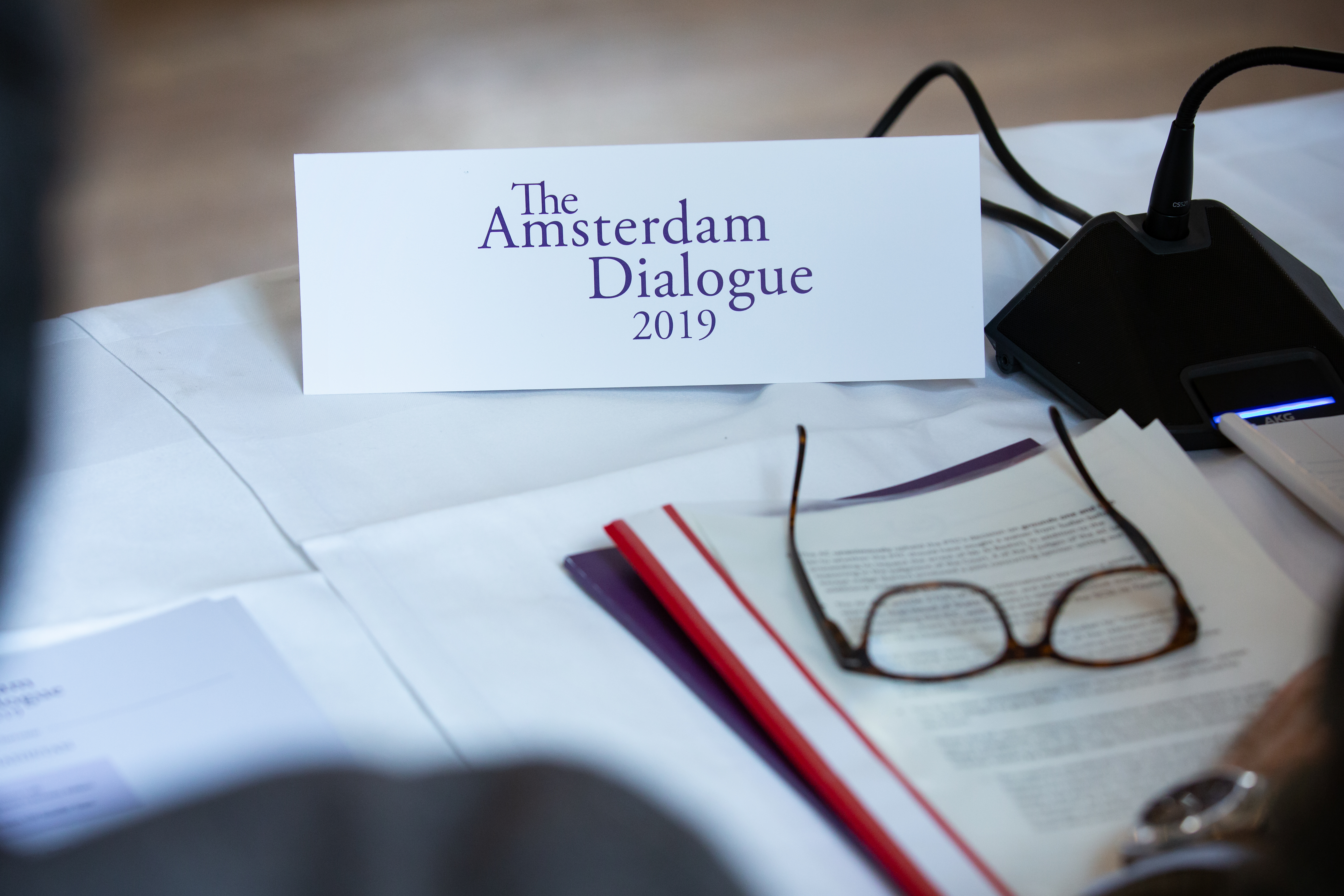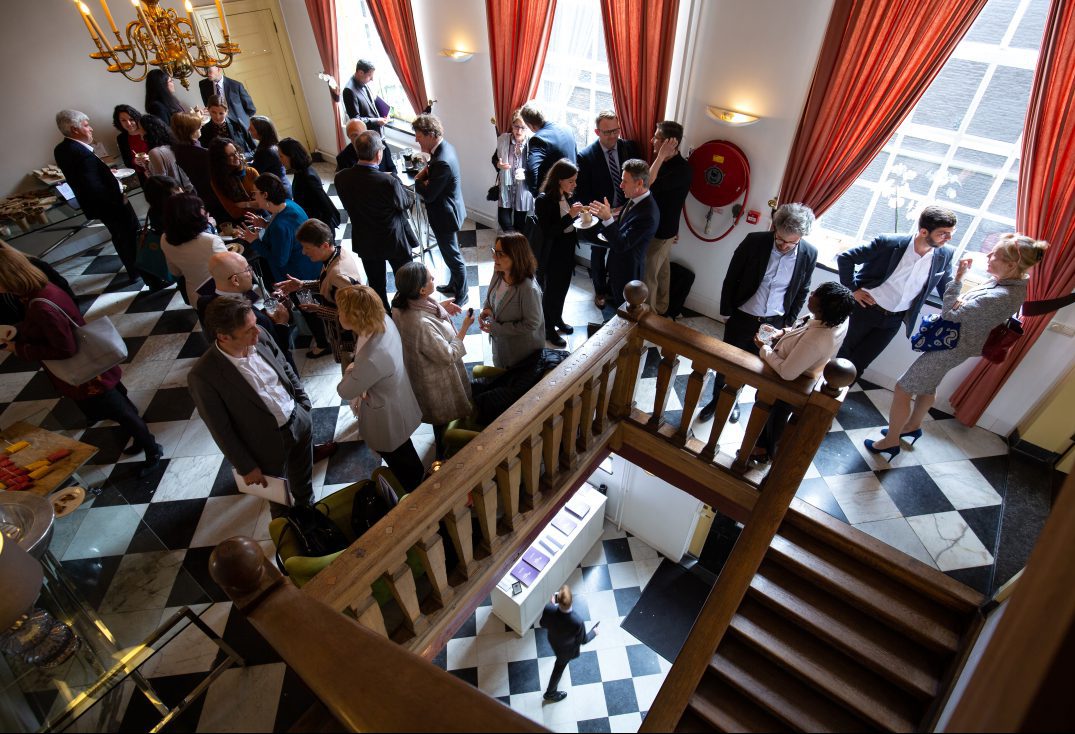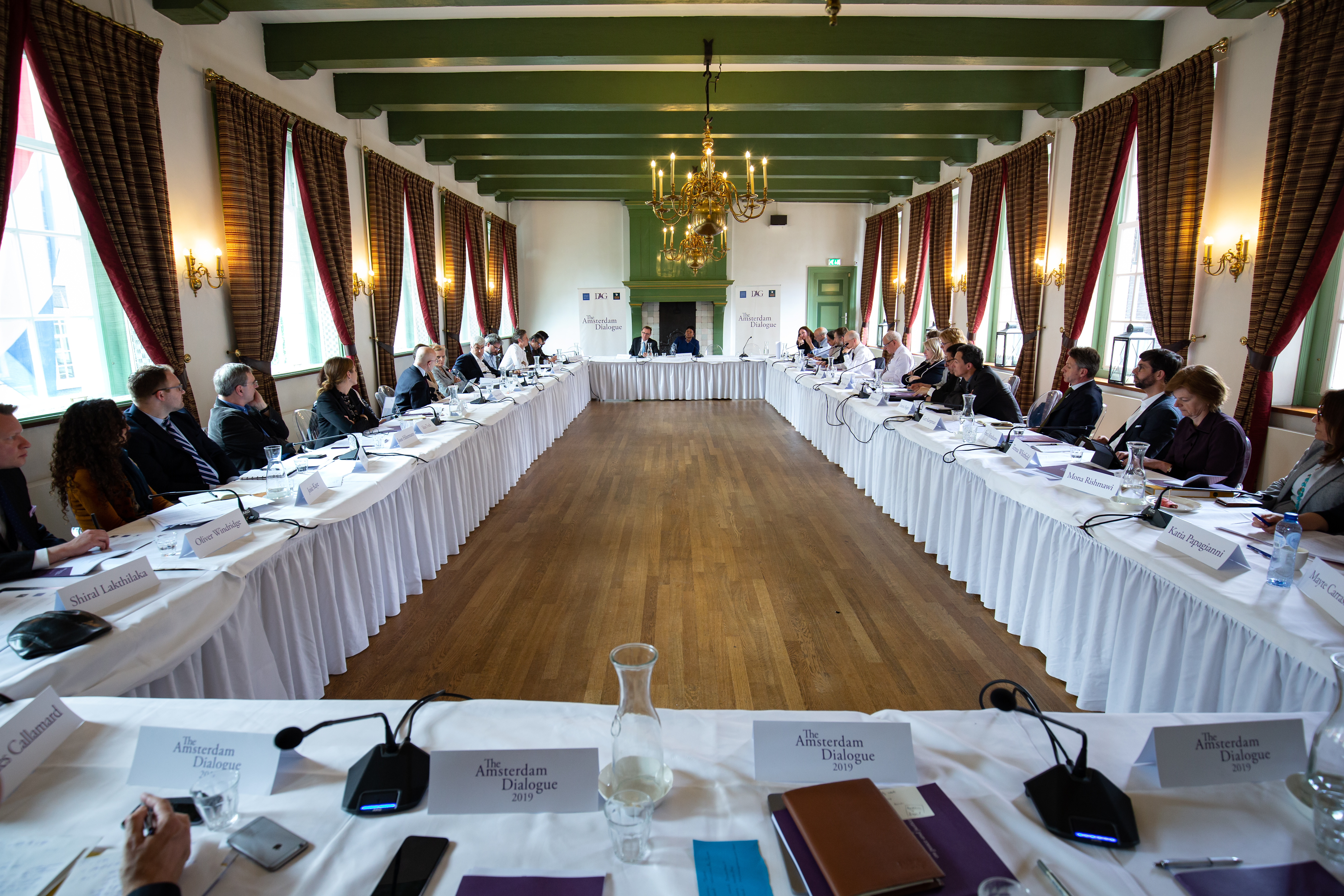The ninth iteration of the Amsterdam Dialogue took place on 6 and 7 May 2019. The conference explored peace and justice issues with case studies from across Africa, the Middle East, Asia and Latin America, as well as thematic discussions on the human rights framework in the context of peace and justice.
During the conference, participants explored prospects for peace and justice, and the various challenges facing mediators, human rights advocates and the ICC’s Office of the Prosecutor. The conference opened with the Q&A with the ICC Prosecutor and focused on the current challenges facing the Court, including US alienation of the Court and the increasing pressure from States to deliver more results without additional resources. Later, participants explored how to address
the lacunae in the human rights framework regarding armed groups and the need for mediators and civil society to engage with armed groups on this issue. On Sri Lanka, concerns were expressed about how the Easter attacks have created a new set of challenges for the country, including how to implement effective counterterrorism and de-radicalisation strategies without alienating the Muslim community or derailing the country’s reconciliation agenda.
The second day opened with a session on Afghanistan, where participants elaborated on the limited prospects for peace and justice in the country, examined the decision of the ICC’s Pre-Trial Chamber and discussed the Doha talks. Later in the morning, participants reviewed the uncertain transition in Sudan, including options for accountability at the national and international level, and the status of negotiations between the military and protesters. The day also included an off the record briefing on the Khashoggi case from UN Special Rapporteur on extrajudicial executions, Agnes Callamard. The afternoon began with a briefing on Libya from UN Deputy SRSG Stephanie Williams, where participants discussed the events that led up to the April offensive, including Haftar’s gains in the south and the lack of an inclusive security dialogue, and explored various pathways to de-escalate and resolve the current crisis. The final sessions of the day were Guatemala and Yemen. On Guatemala, participants reviewed how
President Morales’ decision to terminate the mandate of the International Commission against Impunity in Guatemala has undermined justice and accountability and could potentially unravel peace in the country. On Yemen, participants discussed the effect that regional players have had on the conflict and how their involvement should not detract from the inclusion of a broad spectrum of local actors.
In addition, the Amsterdam Dialogue 2019 featured a short documentary on war memorialisation in Colombia, produced by Mayte Carrasco (film director, writer and war correspondent). Documenting the work of Colombian artist Doris Salcedo in her art exhibition “Fragmentos”, Carrasco tells the story of the transformation of FARC weapons. The weapons were melted down to become artistic monuments for memory and reconciliation by women who were victims of sexual violence in the context of decades of war in Colombia.
Agenda day 1, Monday 6 May. West-Indisch Huis, Amsterdam
13:00 – 13:30 Welcome speech
- Ram Manikkalingam (Director, Dialogue Advisory Group)
13:00 – 13:30 Opening remarks
- Richard Dicker (Director, International Justice Program, Human Rights Watch)
- Joost Hiltermann (MENA Program Director, International Crisis Group)
- Fleur Ravensbergen (Assistant Director, Dialogue Advisory Group)
13:30 – 15:00 Plenary session: Q&A with the Office of the Prosecutor of the International Criminal Court
- Fatou Bensouda (Prosecutor, International Criminal Court)
- Moderator: Jeffrey Feltman (Visiting Fellow at Brookings Institution and former UN Under-Secretary-General for Political Affairs)
15:00 – 15:30 Tea & coffee
15:30 – 17:00 Parallel break-out sessions:
A human rights framework for engagement with non-state armed groups?
- Agnes Callamard (Special Rapporteur on extrajudicial summary or arbitrary executions, Office of UN High Commissioner for Human Rights)
- Moderator: David Petrasek (Associate Professor, University of Ottawa)
Sri Lanka
- Shiral Lakthilaka (Advisor, Office of the President of Sri Lanka)
- Moderator: Fleur Ravensbergen (Assistant Director, Dialogue Advisory Group)
17:00 – 18:00 Reception and screening of ‘Fragmentos’
- Short documentary on war memorialisation in Colombia by Mayte Carrasco (Film director and war correspondent)
Agenda day 2, Tuesday 7 May
09:00 – 10:30 Plenary session: Afghanistan
- Horia Mosadiq (Member of the Afghanistan Transitional Justice Coordination Group)
- Michael Semple (Visiting Research Professor, Queen’s University Belfast)
- Moderator: Priscilla Hayner (Senior Mediation Adviser, UN Standby Team of Mediation Advisers)
10:30 – 11:00 Tea & coffee
11:00 – 12:30 Parallel break-out sessions:
Sudan
- Mausi Segun (Executive Director, Africa Division, Human Rights Watch)
- Oliver Windridge (Senior Advisor, The Sentry)
- Moderator: Mona Rishmawi (Chief of the Rule of Law, Equality and Non-Discrimination Branch, OHCHR)
Khashoggi case
- Agnes Callamard (Special Rapporteur on extrajudicial summary or arbitrary executions, Office of UN High Commissioner for Human Rights)
- Moderator: Brian Burgoon (Professor in the Department of Politics, University of Amsterdam)
12:30 – 13:30 Lunch
13:30 – 15:00 Plenary session: Libya
- Video conference with Stephanie Williams (UN Deputy Special Representative for Political Affairs in Libya)
- Ousama Assed (Director & Founder, Libya Center for Strategic and Future Studies)
- Claudia Gazzini (Senior Analyst, Libya, International Crisis Group)
- Moderator: Juan Garrigues (Special Adviser, Dialogue Advisory Group)
15:00 – 15:30 Tea & coffee
15:30 – 17:00 Parallel break-out sessions
Guatemala
- Claudia Escobar (Executive Director, Integra Center)
- Moderator: Richard Dicker (Director, International Justice Program, Human Rights Watch)
Yemen
- Amat Al-Soswa (former Minister of Human Rights, Yemen)
- Moderator: Marieke Wierda (Rule of Law Policy Coordinator, Ministry of Foreign Affairs of the Netherlands)
17:00 – 17:30 Conclusions and closing remarks








